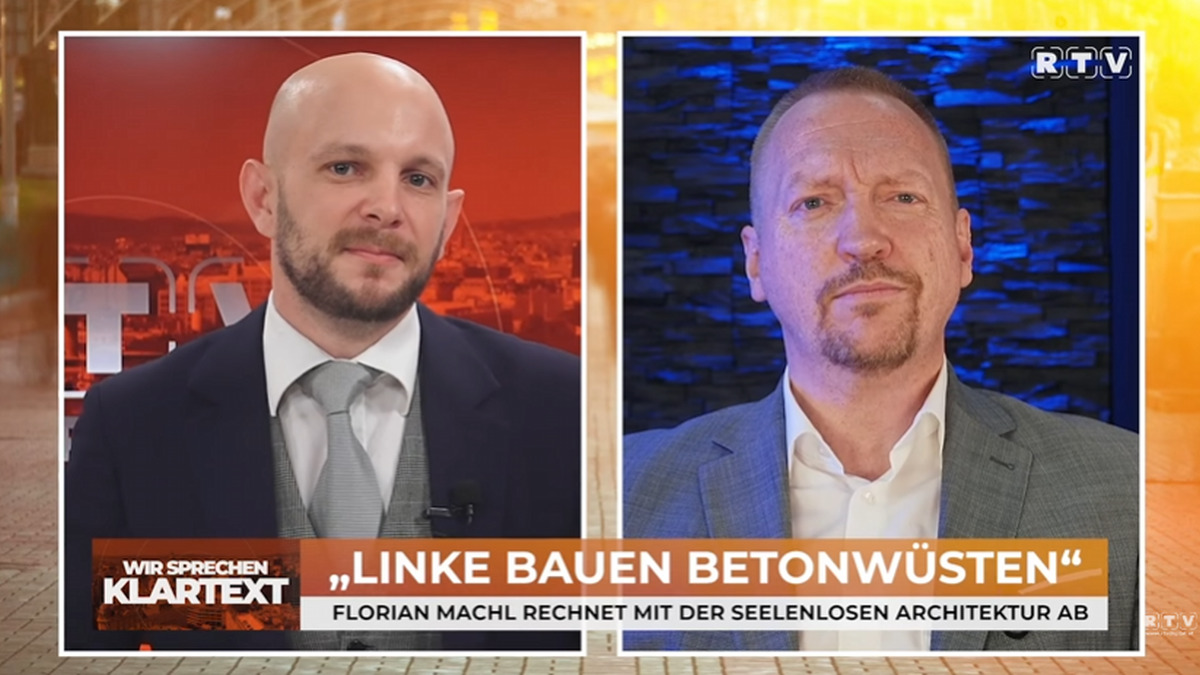
Political provocations are not innocent games
By ALFRED DE ZAYAS| Provocation entails conduct that induces another to a hostile response. In domestic and international law, provocation may constitute a tort or even a crime– out of fear, anger or outrage.
For instance, the UK the Public Order Act prohibits „abusive or threatening words or behaviour“, specifically „to provoke the immediate use of unlawful violence”. By contrast, in international law there is an absolute prohibition of the use of force stipulated in article 2(4) of the UN Charter. Unfortunately, powerful countries concoct exceptions to the rule, e.g. by postulating a non-existent right of “pre-emptive” self-defence or the so-called doctrine of “responsibility to protect”, both scams intended to circumvent Art. 2(4) of the Charter.
Recent armed conflicts in Yugoslavia, Afghanistan, Iraq, Libya, Syria and Ukraine document a tendency to water down the prohibition of the use of force. This is facilitated by a compliant media that manages the facts and the narrative in an attempt to “legitimize” the use of force, e.g. by the US/coalition of the willing in their unprovoked aggression against Iraq in 2003, or to absolve the provocateur, e.g. by downplaying NATO’s egregious provocations in Ukraine. It is surrealistic to claim that the use of force in Iraq was legitimate: It was a crime against humanity.
Equally extravagant is to pretend that the invasion of Ukraine was “unprovoked”. Admittedly, Russia’s invasion of Ukraine was a grave breach of the UN Charter. But the preceding NATO provocations also violated article 2(4), which prohibits not only the use of force but also the threat thereof. As Professors John Mearsheimer, Richard Falk, Jeffrey Sachs and others have pointed out, NATO expansion was perceived by Russia as an attempt at encirclement, hence an existential threat. NATO’s continued provocations in Georgia, Ukraine and elsewhere certainly amount to geopolitical harassment in contravention of the letter and spirit of the UN Charter.
Every attempt by Russia to defuse this menace by peaceful negotiation as required by article 2(3) UN Charter was rebuffed by the US and NATO. It can be argued that provoking someone is more reproachable than reacting aggressively to the provocation, because the provocation is deliberate, not accidental; the reaction thereof is ad hoc, lacking malice aforethought. Provoking means intentionally making someone angry, throwing down the gauntlet, inviting a fight.
Of course, retaliation should be proportional to the provocation. But we humans have this awesome tendency to overreact. Bottom line: Both the provocation and the retaliation are reprehensible. But the one who provokes bears greater moral responsibility.
Accordingly, provocation should be recognized as an attribute of the act of aggression and as an international crime.
 About the Author: Alfred de Zayas is Professor of Law at the Geneva School of Diplomacy and served as UN Independent Expert on International Order from 2012 – 2018. He is the author of numerous books, including his latest trilogy released by Clarity Press, 2021.
About the Author: Alfred de Zayas is Professor of Law at the Geneva School of Diplomacy and served as UN Independent Expert on International Order from 2012 – 2018. He is the author of numerous books, including his latest trilogy released by Clarity Press, 2021.

Website of Clarity Press: Here
Website with details for the long awaited volume III: The Human Rights Industry to be released June 2023: Hier

Bitte unterstützen Sie unseren Kampf für Freiheit und Bürgerrechte.
Für jede Spende (PayPal oder Banküberweisung) ab € 10.- erhalten Sie als Dankeschön auf Wunsch ein Dutzend Aufkleber „CORONA-DIKTATUR? NEIN DANKE“ portofrei und gratis! Details hier.








